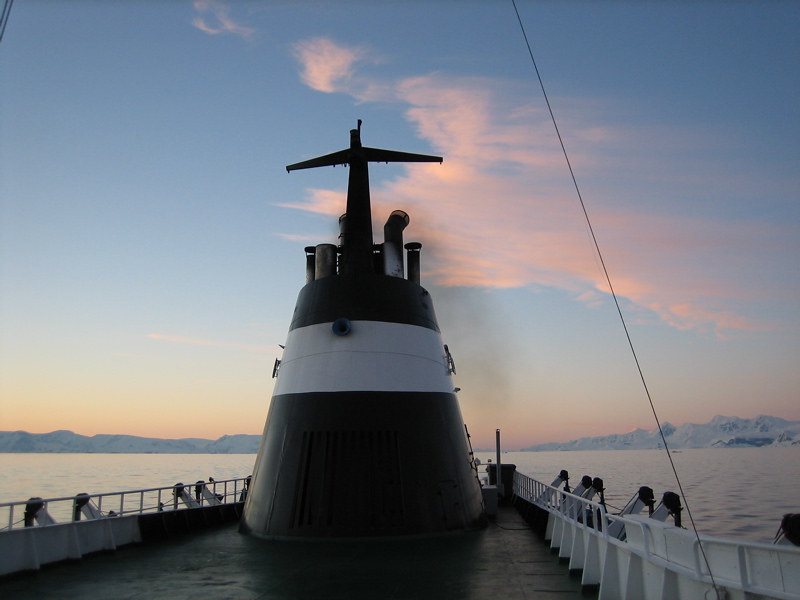
Introduction
Antarctica, often referred to as the world’s last great wilderness, is a place of profound significance both ecologically and scientifically. As the coldest and driest continent, it plays a critical role in regulating the Earth’s climate and houses unique ecosystems. Given the increasing effects of climate change, the study and conservation of this remote place have become more crucial than ever.
Current Environmental Challenges
Recent studies have highlighted alarming trends in Antarctica’s climate. The Antarctic Peninsula has warmed by nearly 3°C over the past 50 years, raising concerns about ice shelf collapses and consequent sea-level rise. The Thwaites Glacier, often dubbed the “Doomsday Glacier,” is particularly concerning. It is losing ice rapidly, and if it were to collapse, it could lead to a rise in sea levels by several feet, affecting coastal populations worldwide.
Scientific Research Activities
Numerous international projects are underway to understand and mitigate the impacts of climate change in Antarctica. The Antarctic Treaty System, which has been in place since 1961, promotes scientific cooperation and environmental protection. Research stations from countries like the United States, Russia, and Canada are conducting key studies on glaciology, marine biology, and atmospheric sciences. In 2022, a groundbreaking study from the British Antarctic Survey revealed significant changes in ice flow dynamics, reinforcing the need for urgent climate action.
Conservation Efforts
As awareness grows, so does the urgency for conservation. Organizations like the World Wildlife Fund (WWF) and the Antarctic and Southern Ocean Coalition (ASOC) are advocating for stricter protections against illegal fishing and mining operations, which threaten the delicate balance of Antarctic ecosystems. Initiatives such as the establishment of marine protected areas are being discussed, aiming to safeguard critical habitats.
Conclusion
Antarctica is not just a cold desert; it is a vital part of Earth’s climate system and biodiversity. As global temperatures rise and the impacts of climate change escalate, protecting this pristine environment is essential for future generations. The importance of continued scientific exploration and international cooperation cannot be overstated—what happens in Antarctica affects the entire planet. Our understanding of these changes will be vital in addressing the climate crisis and ensuring sustainable futures.



